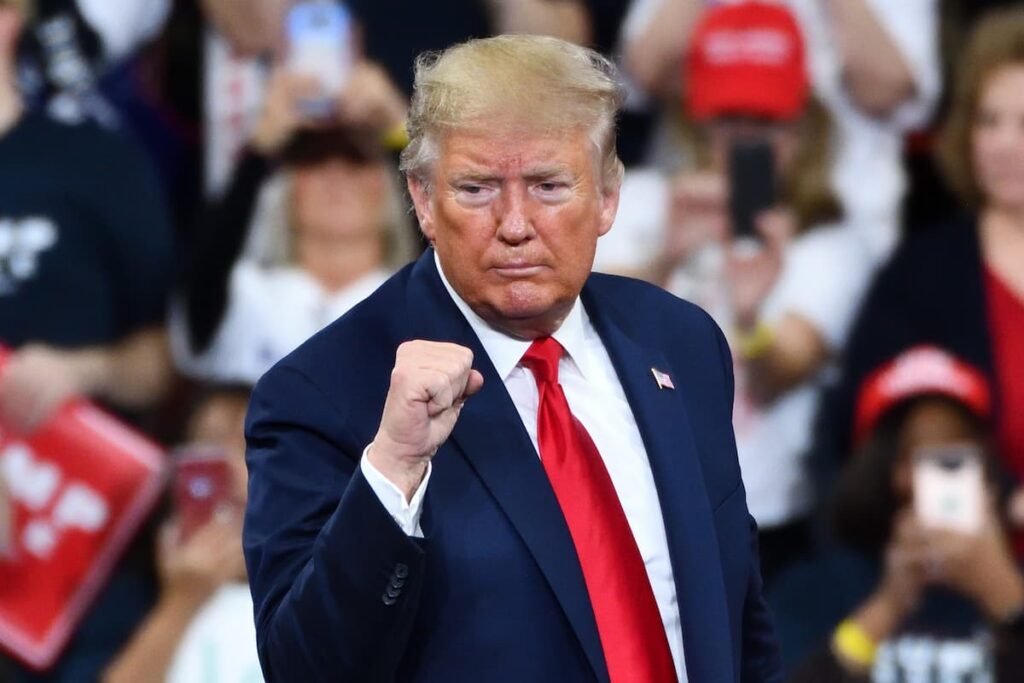A New Political Player: Elon Musk’s Bold Move
Elon Musk has stepped further into U.S. politics with the launch of a new party called The American Party. The move follows his recent opposition to a major Republican-backed bill focused on national debt — a disagreement that seemingly pushed him to distance himself from the current political establishment. Musk, once an informal White House adviser, now positions himself as a challenger to both major parties.
His new party aims to take on what he refers to as the “Uniparty,” claiming that both Democrats and Republicans contribute equally to the country’s financial decline. Musk’s message is resonating with a growing segment of voters frustrated with the status quo. However, despite his wealth and influence, building a viable political party in the U.S. remains a difficult and uncertain path.
Trump Welcomes the Disruption
Donald Trump, on the other hand, sees Musk’s new political venture not as a threat, but as a potential advantage. He has stated that third parties have historically worked in his favor, particularly when they splinter the opposition vote. From his perspective, the more fragmented the political landscape, the greater his chances of maintaining or regaining political power.
This strategy was evident in the previous presidential election, when Trump allies supported third-party candidates like Jill Stein, Cornel West, and Robert F. Kennedy Jr. in an attempt to draw votes away from Democratic nominee Kamala Harris. Even though not all those efforts succeeded, they illustrate how Trump’s team views third parties as a useful tool in tight races.
The Roadblocks Facing Musk’s New Party
Despite the initial buzz, Musk’s political party faces enormous challenges. To be competitive in upcoming elections — especially the 2026 midterms — the party must navigate a complex web of state-specific rules to get on ballots nationwide. That process requires not only legal expertise but also significant grassroots organization, something that cannot be built overnight.
Another major issue is the lack of a clear platform. So far, The American Party seems driven more by opposition to existing systems than by concrete proposals. Without a defined agenda or vision for governance, it will be difficult for Musk to recruit serious candidates or build long-term voter trust. His controversial reputation on both the left and right further complicates efforts to gain wide support.
A Fragmented Political Future?
The launch of The American Party underscores the growing dissatisfaction with the two-party system in the United States. While most third-party efforts in recent history have failed to make a lasting impact — Ross Perot being one of the few exceptions, winning 19% of the popular vote but no electoral votes — they can still influence outcomes by shifting the balance in key states.
For Trump, a fractured political environment can play directly into his strategy. For Musk, it’s an attempt to redefine political norms. For voters, it raises questions about the future of representation and the real possibilities for change. What is clear is that this new development adds another layer of complexity to an already unpredictable political landscape.


